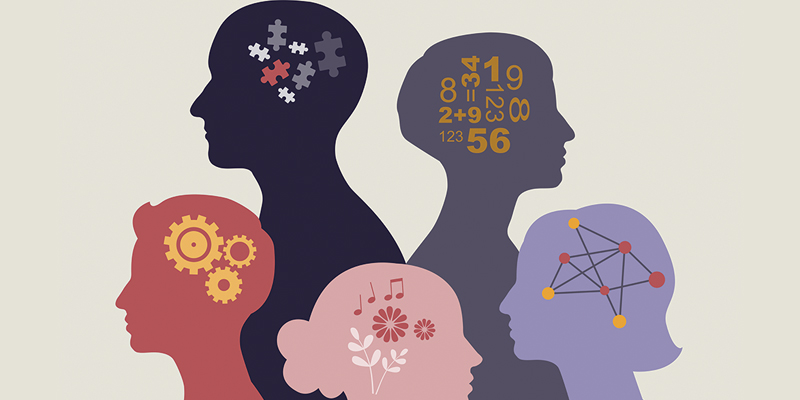Participants paired with senior mentors from professional services firms

Herbert Smith Freehills Kramer has launched a new mentoring programme aimed at supporting neurodivergent lawyers at the start of their careers.
The scheme, delivered in partnership with consultancy Nurturing Neurodivergence, is initially open to paralegals, trainees and associates in the firm’s London and Brussels offices. Participants will be matched with senior mentors from other professional services firms and supported through a combination of online and in-person contact over six months, with the option to extend the relationship at the end.
The programme will provide an opportunity for neurodivergent individuals to share the challenges they have faced across their professional and personal lives in a safe space, learn techniques for dealing with a range of scenarios and capitalise on their strengths.
“We are committed to creating a workplace where different ways of thinking are not just accepted, they are truly valued and celebrated,” said Jeremy Walden, HSF Kramer’s executive partner UK & EMEA. “Our new mentoring programme is about helping members of our neurodivergent community recognise their strengths, build confidence, and connect with others who understand the career journey they are embarking on.”
Alongside the mentoring, the firm is creating a team of ‘Neurodiversity Champions’. These trained volunteers will act as points of contact for colleagues seeking guidance or adjustments, and will work with HR to raise awareness of neuro-inclusion across the firm.
Around 15% of the UK population — roughly one in seven people — are neurodivergent, meaning their brains work, learn or process information in different ways. This can include conditions such as autism, ADHD and dyslexia.


